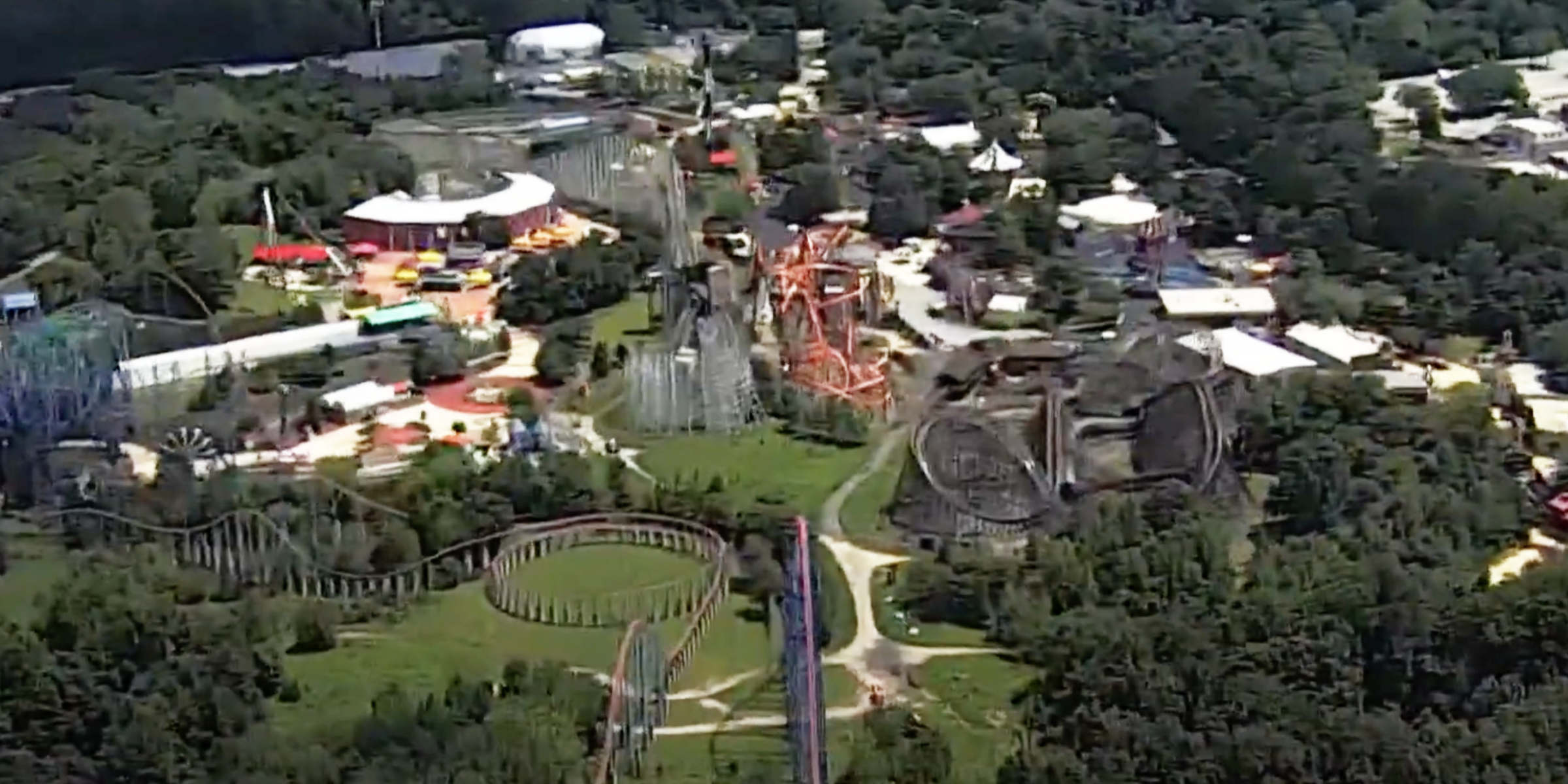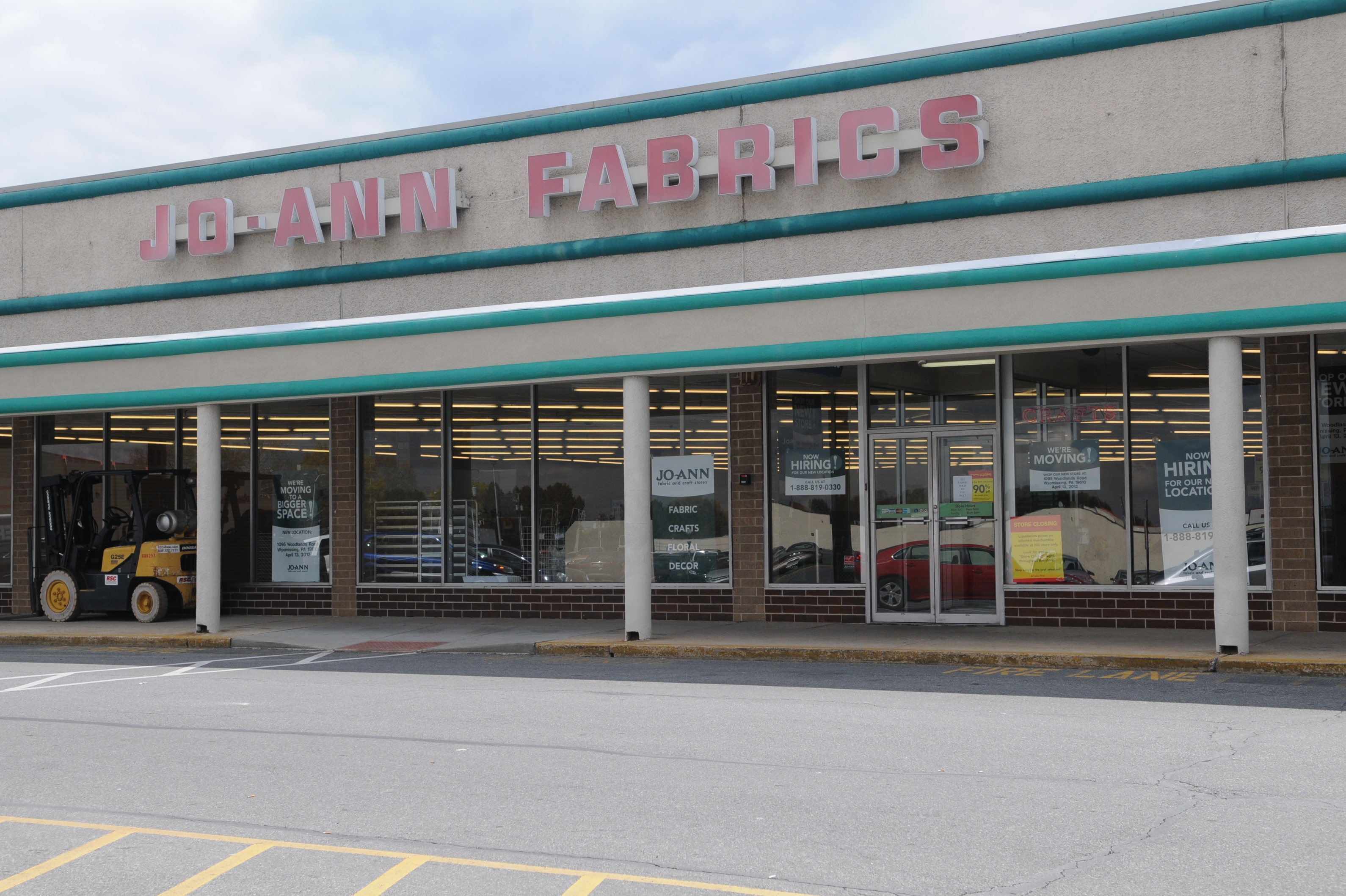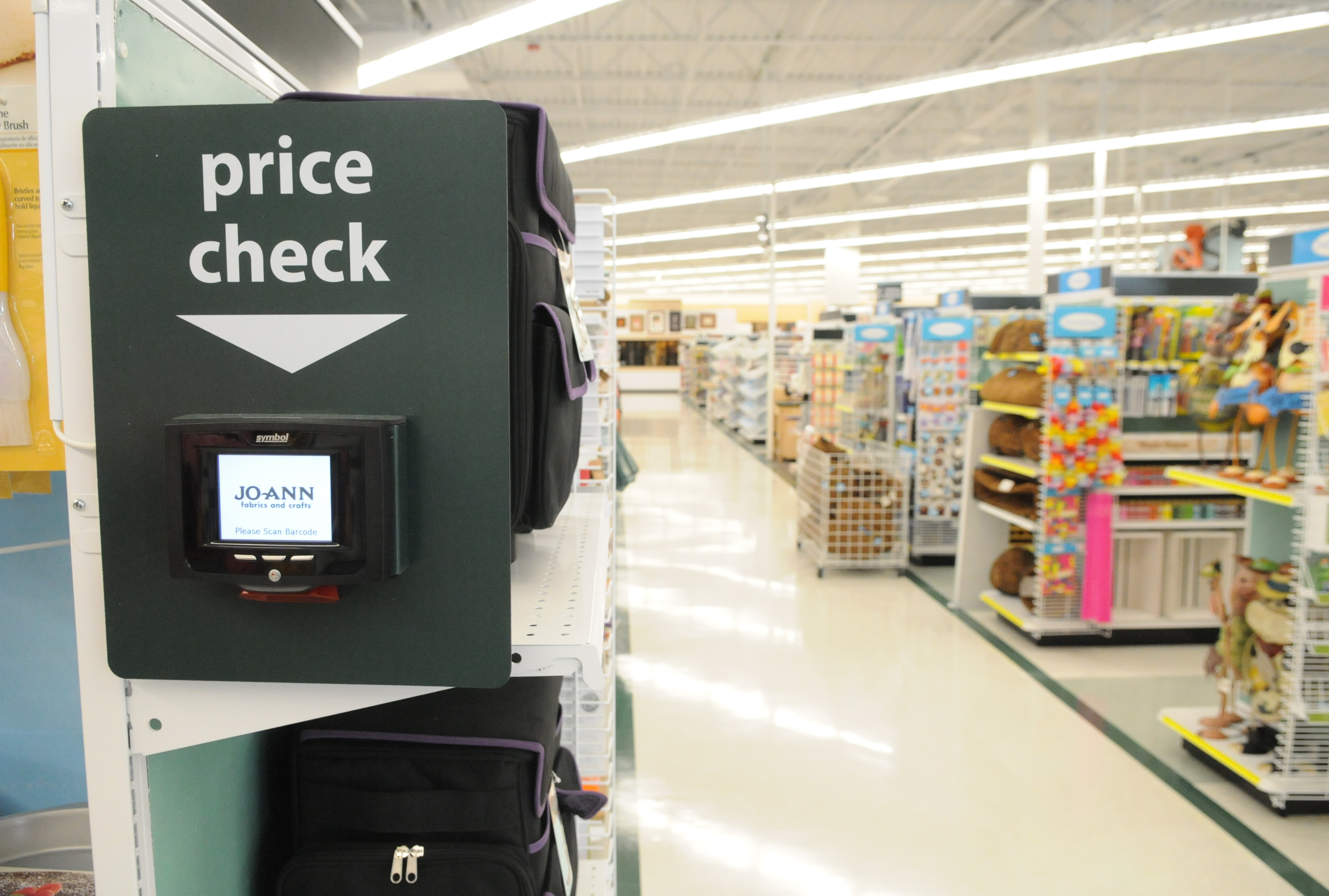
Six Flags America to Shut Down Location in Bowie – Full Details
A long-running amusement park is set to close after one final season as part of a wider realignment that could reshape what comes next for the land it sits on.
Six Flags Entertainment Corporation announced it will permanently shut down Six Flags America and Hurricane Harbor, located in Upper Marlboro, following the conclusion of the 2025 season.

Guests riding rollercoasters at Six Flags in Maryland on October 28, 2022 | Source: Getty Images
The 500-acre property is being prepared for redevelopment under a broader strategy to streamline operations and maximize real estate value. Six Flags has brought on CBRE, a global commercial real estate firm, to oversee the sale.
In announcing the decision, the company cited its evaluation of long-term priorities. “As part of our comprehensive review of our park portfolio, we have determined that Six Flags America and Hurricane Harbor are not a strategic fit with the company’s long-term growth plan,” said Richard A. Zimmerman, Six Flags President and CEO.
The CEO explained that several options were considered before the company decided that selling the site for redevelopment would provide greater value. Six Flags also noted that the closure is not expected to significantly affect its financial performance in 2025.
About 70 full-time employees will be affected by the move. The company has committed to providing severance packages and transition support to eligible staff.
Zimmerman emphasized the company’s appreciation for the park’s role in the local community and the people behind it. “This was a difficult decision, and we recognize the impact it will have on our Six Flags America and Hurricane Harbor park associates and guests,” he said.
In the meantime, the park will remain open through Sunday, November 2, 2025, giving visitors one final season to enjoy. All 2025 season passes and tickets will be honored. Six Flags is encouraging guests to return and celebrate the park’s final year of operations.
Originally opened in 1974 as Wild World, the park was later rebranded and became a regional fixture known for its roller coasters, water rides, and family attractions. For decades, it served as a popular destination for residents across the D.C., Maryland, and Virginia area.
The company has not announced what the property will become, but the sale marks a major turning point in the future of the site.
Reactions online ranged from critical to sentimental. One commenter exclaimed, “Ruined by parents who don’t parent!” One response described the park as “horrible” and supported the decision to shut it down. Another person expressed relief over the closure, adding, “it should have never been rebranded after Wild World.”
A fourth noted, “I knew this was coming. Too many fights. I remember a few years ago when some kids vandalized several cars during Fright Fest. So this isn’t at all a shock.”
Risk factors were also raised, with someone stating, “Hasn’t been safe to go to for several years.” One person expressed frustration, saying they had just purchased a full season pass.
Others reflected on the emotional weight of the closure, “WOW!!! 🤯 the end of an era 🥺 [sic].” Another expressed sadness over the news, “I hate to see amusement parks close too many good memories.” A different netizen shared memories of their favorite attractions, like the tea cup ride and the wave pool, saying they will miss the place.
The closure follows a major change in the company’s structure. In July 2024, Six Flags merged with Cedar Fair, bringing together two of the biggest regional amusement park operators in North America.
As a result of the deal, the newly unified company retained the Six Flags Entertainment Corporation name and now trades on the New York Stock Exchange under the symbol FUN.
Reflecting on the merger, Zimmerman called it a turning point for the company, emphasizing its potential to create more value and support long-term growth.
“Our merger establishes a new Six Flags Entertainment Corporation with a highly diversified footprint and robust operating model, enhancing park offerings and performance though the complementary portfolio of attractive assets and intellectual property from each of Cedar Fair and the former Six Flags,” he said.
Zimmerman also said the merger would help the company increase revenue and invest more in improving the parks. The goal, he explained, is to create better experiences for guests and encourage more visits and spending.
Building on that vision, Executive Chairman Selim Bassoul said the merger combines the strengths of both companies, which he believes will help “deliver a superior level of joy and excitement that has yet to be experienced by regional park guests.”
This wave of corporate restructuring isn’t limited to the amusement industry. In February 2025, Joann Inc., a well-known fabric and craft retailer, announced plans to close “approximately 500” of its roughly 850 locations across the United States.
The decision came after the company filed for bankruptcy for the second time in less than a year.

Joann Fabrics and Crafts store | Source: Getty Images
In a statement to USA Today, Joann said it was part of a broader effort to “right-size its store footprint.” The company acknowledged the toll this would take, “This was a very difficult decision to make, given the major impact we know it will have on our Team Members, our customers and all of the communities we serve.”
The scope of the closures is extensive. Court documents filed under Chapter 11 list closures in 49 states, excluding only Hawaii. The most heavily impacted areas include California (61 stores), Florida (36), Michigan, Ohio, and Pennsylvania (33 each), Illinois (26), New York (24), Washington (21), Indiana (20), and Massachusetts (19).
In a separate press release from January, Interim CEO Michael Prendergast explained that the move followed an extensive internal review. “However, the last several years have presented significant and lasting challenges in the retail environment,” he said, adding that the company’s financial position and limited inventory left no alternative.

A Joann Fabrics store with a price check scanner and stocked aisles | Source: Getty Images
He continued, “After carefully reviewing all available strategic paths, we have determined that initiating a court-supervised sale process is the best course of action to maximize the value of the business.”
Despite the scale of the closures, Joann stores and its online platform remain open. The company said it will continue serving customers while working through the restructuring process and seeking a buyer for its assets.
Prendergast thanked employees for their continued dedication, adding, “We remain committed to continuing to support them and serving our customers – the sewists, quilters, crocheters, crafters and other creative enthusiasts we have served for more than 80 years – during the process.”


